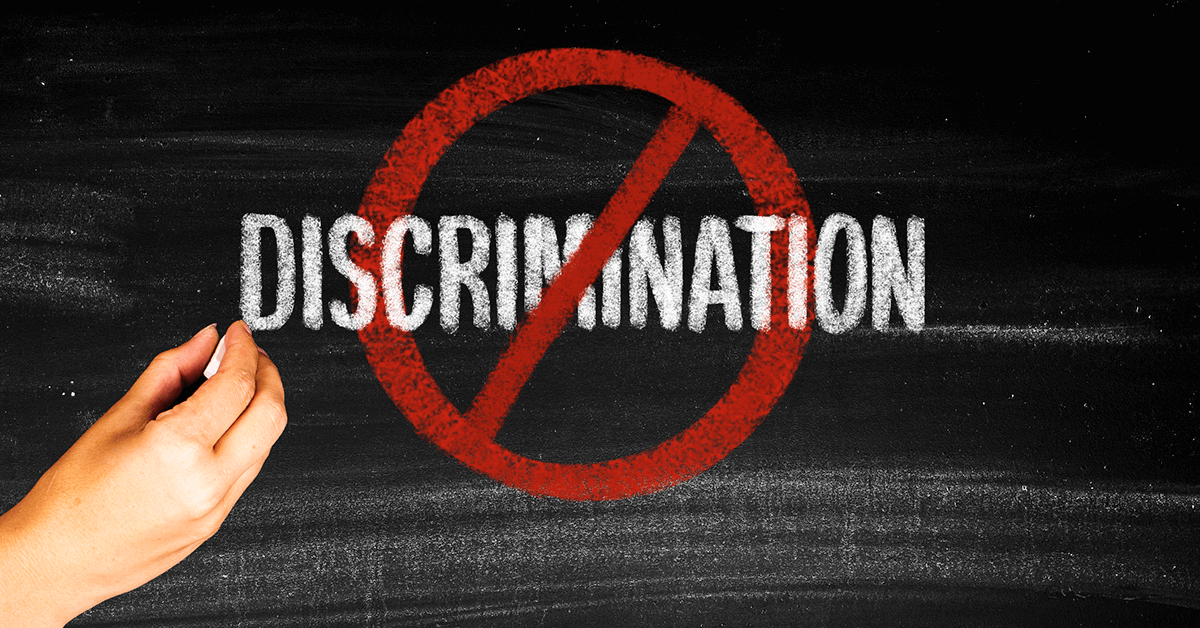
U.S. Metropolises Combat Discrimination Within the Housing Industry
LISTEN TO THIS ARTICLE
The Fair Housing Act, enacted in 1968, was created to protect individuals from discrimination in regards to housing. While it was a huge step at the time and has protected many citizens over the years, there is no question that updates need to be made today, over 50 years later.
The Biden administration announced in February of 2021 that The Fair Housing Act, or Civil Rights Act, will be amended to include the protection of LGBTQ+ Americans. This action was prompted by The United States Department of Housing and Urban Development (HUD) to enforce fair housing. This stride forward now permits the federal government to look into accusations of housing discrimination formed on sexual orientation or gender identity. Previously, the act specified it “prohibits this discrimination because of race, color, national origin, religion, sex, familial status, and disability,” but with no recognition of discrimination built on gender identity or sexual orientation. HUD will be looking into all related complaints made since Biden signed his executive order in January 2020, and of course, all complaints moving forward.
A ripple effect has occurred since the amended act, with large cities around the country revisiting their pre-existing housing protection and fair housing policies, as well as demanding federal laws be outlined and revised. HUD’s Fair Housing and Equal Opportunity employee, Jeanine M. Worden, eloquently remarks on the urgency of these changes. “Housing discrimination on the basis of sexual orientation and gender identity demands urgent enforcement action. Every person should be able to secure a roof over their head free from discrimination, and the action we are taking today will move us closer to that goal,” she says.
California’s capital took the reins in late March following Biden’s broadcast of the rectified Civil Rights Act when they began holding hearings to discuss racial discrimination, in particular, within the housing market in Sacramento. Racial housing bias is apparent throughout the city, and the community is coming together to speak up.
Mike Gipson of the California State Assembly speaks on the matter, “There is discrimination taking place when it comes down to African Americans and Latinos. When it comes down to homeownership, why is [it] that people have to masquerade and put a friend up to masquerading as them to create some fair, equitable, reasonable opportunities for them to get homeownership and just for them to be treated fairly.” The Assemblymember was responding specifically to a recent situation that was brought to his attention. A family in Marin City had their home appraised, but when a white friend of theirs claimed to be the homeowner, it was appraised for $500,000 more. When this alarming disparity was brought to light it drew attention to other racial prejudices occurring in home appraisals.
The hearing, packed with expert panelists, served as a platform to brainstorm and discuss solutions to “a systemic issue of the devaluation of Black homes.” San Francisco Assemblymember David Chiu, who co-chaired the hearing, supports many of the solutions brought up in the conference, exclaiming that more diversity amongst appraisers and bias training is an easy yes in his book and he is working closely with the legislative committee to devise resolutions.
New York is another region making changes. In February 2021, the State Senate approved a bundle of 11 anti-housing discrimination bills. Some measures the package includes are extensive anti-bias training for NY real estate agents, stricter penalties for housing discrimination, and a plan to deploy “undercover testers” to uncover discrimination by landlords, sellers, and brokers. This package of bills was prompted by a recent three-year-long investigation – Long Island Divided – that revealed symptomatic discrimination of minority homebuyers. This Newsday investigation was made possible by undercover homebuyers and renters who recorded exchanges with over 80 real estate agents and found that in 40% of the tests, minorities were subjected to inequitable and contrasting treatment compared to white buyers. The raw recordings were upsetting and spearheaded the legislative package. This is just the beginning, emphasizes NY Senator Anna Kaplan. “It’s going to take a lot of work to address this problem, including better education for real estate professionals, and stronger enforcement of fair housing laws, but it’s something we must do in order to protect the American Dream for all of our neighbors,” Kaplan says.
Many cities are taking small but important steps to dismantle racial segregation. Dallas, for one, proposed a bill, Senate Bill 30, designed to make eliminating language from deeds an easier process so racist clauses could be removed. While these clauses cannot be enforced, it remains damaging that they’re written in contracts still referred to today. These clauses were primarily written and added to property documents between the 1920s and 1960s to ban Black people from owning property and/or living in certain areas in the country. Eliminating these clauses is long overdue. As housing expert and advocate James McGee says, “It makes me angry that we haven’t thought of a solution through all these years.” While this will be a powerful change, many housing proponents in the Black community call attention to the fact that “eliminating this relic of overt discrimination won’t have any direct effect on overcoming the persistent housing segregation that still exists in Texas.” The fight to overcome discrimination within housing is a long one, and more legislative action is needed.
As the attention to this age-old plight of housing discrimination spread nationwide, officials are taking it into account and new governance and prosecution efforts are being made. Fair Housing Advocates of Northern California executive director, Caroline Peattie, points out, “The more conversations we have around it, the more awareness we have around it, the more we’re gonna see get done.”
Time to Focus on Affordable Housing
Taxes on real estate are not the answer. Sign the petition calling on Congress to address our country’s housing shortage.





